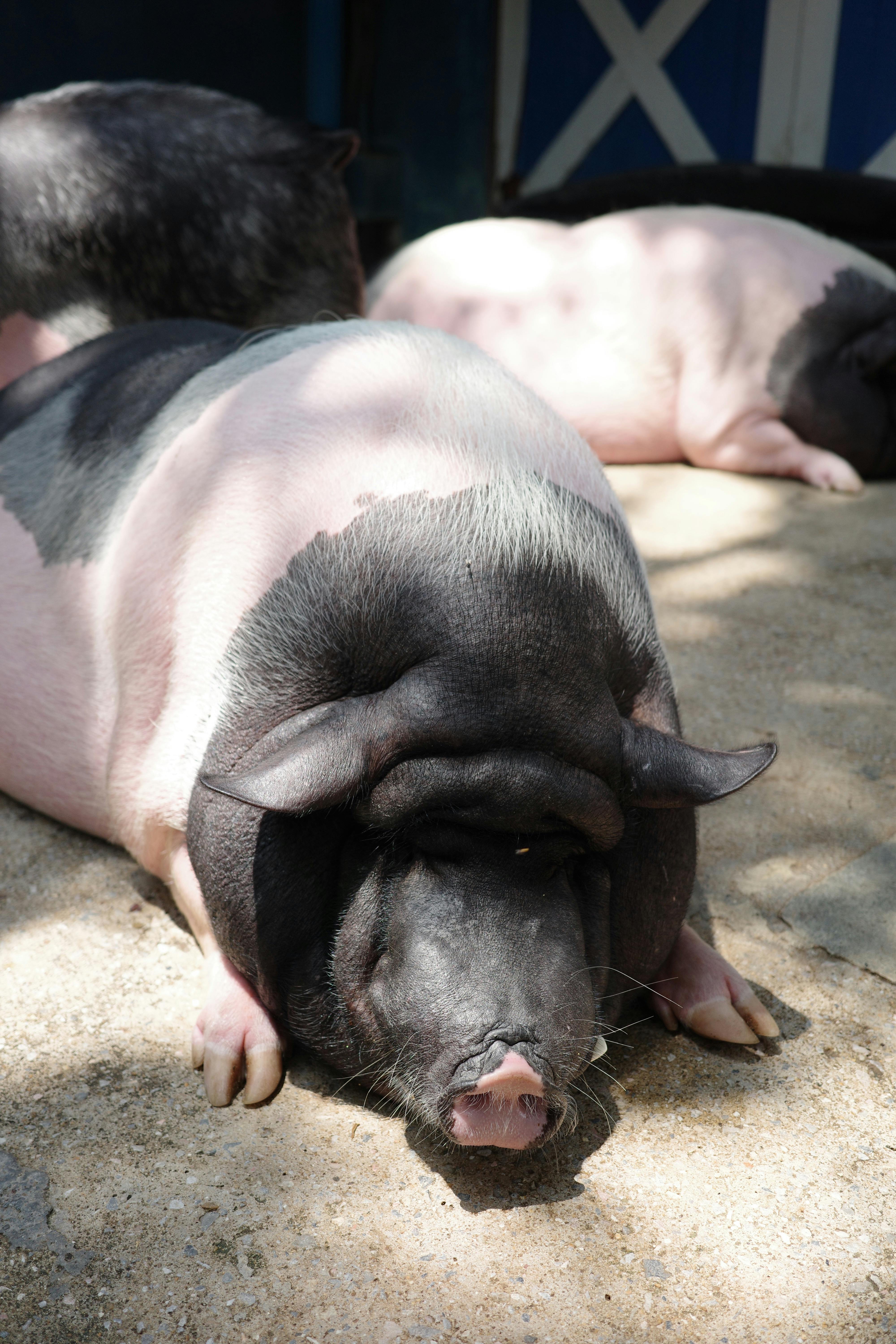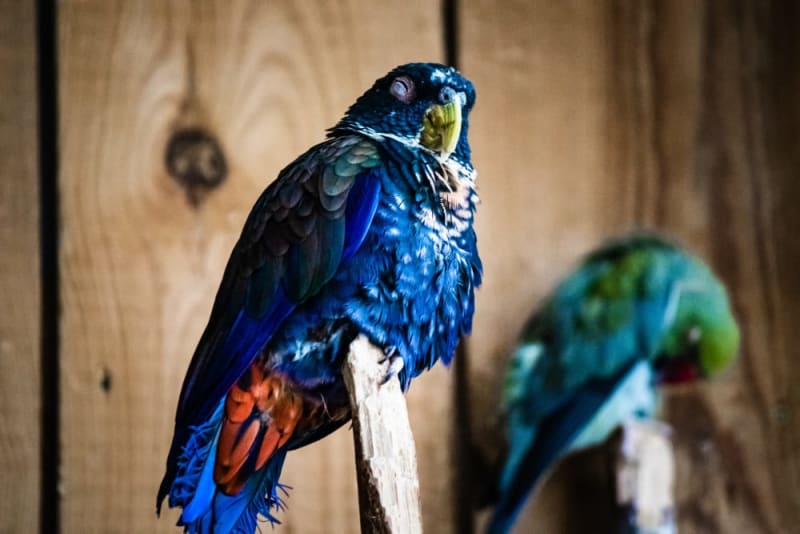
Apply Now


Top 5 Pet Rabbit Breeds for Modern Families in 2025
As we move into 2025, the demand for family-friendly pets continues to rise, with pet rabbit breeds becoming increasingly popular. Pet rabbits offer unique companionship, require relatively low maintenance, and can thrive in a variety of living environments. Their friendly demeanor and social nature make them an excellent choice for families with children, while their adorable features and playful antics bring joy to any household. This article explores the top five rabbit breeds that are ideal for modern families, providing insights into their characteristics, care needs, and behavior. Families considering adding a rabbit to their home should understand the specific requirements for rabbit care. This includes housing, diet, grooming, and socialization needs to ensure a happy and healthy pet. With this in mind, we will delve into the best rabbit breeds that not only fit well into family life but also bring a wealth of joy and companionship.Essential Guide to Family-Friendly Rabbit Breeds
With a growing number of families looking for the right pet, it's essential to identify rabbit breeds that align with a household's lifestyle. Let’s begin by discussing the five top pet rabbit breeds recommended for families.1. Holland Lop
The Holland Lop, famous for its floppy ears and affectionate nature, stands out among popular rabbit breeds. Known for their gentle temperament, they are incredibly social and enjoy the company of their humans. Holland Lops typically weigh between 3 to 4 pounds, making them a small pet rabbit breed. They adapt well to indoor living and can be trained to use a litter box—a valuable feature for families. When interacting with a Holland Lop, you will find that they respond well to positive reinforcement. Engaging in regular playtime and providing rabbit-safe toys can help meet their exercise needs and keep them entertained. However, be sure to monitor their diet; this breed is prone to obesity if not given a proper feeding schedule.2. Mini Rex
Another fantastic option for families is the Mini Rex. This breed is celebrated for its soft, velvety fur and friendly disposition. Mini Rex rabbits typically have a calm demeanor, which makes them excellent companions for children. They are also small, generally weighing around 3.5 to 4.5 pounds, which makes them easy to handle and care for. Rabbit grooming is necessary for Mini Rex, but their short hair simplifies this process. Despite their low grooming needs, regular health checks are vital to monitor their overall condition. With the right care, Mini Rex rabbits can be a delightful addition to any home.3. Netherland Dwarf
The Netherland Dwarf is one of the smallest dwarf rabbit breeds, usually weighing 2 to 3.5 pounds. This breed captures hearts with its tiny size and spunky personality. They tend to be active and curious, making them delightful playmates for kids. Their lively energy means they require more exercise compared to some other breeds. When considering adopting a Netherland Dwarf, be aware of their socialization needs. They thrive when they have companionship, either from humans or other rabbits. To keep them healthy and happy, make sure to provide plenty of enrichment activities and safe toys to avoid boredom.Understanding Rabbit Care Tips
Now that we’ve explored some adorable rabbit breeds, it's essential to delve into rabbit care tips that will help ensure their well-being in a family setting.Choosing the Right Housing
The housing environment is critical for pet rabbits. They can live indoors or outdoors, but indoor rabbits often fare better due to fewer weather-related stressors. When setting up a rabbit habitat, opt for a spacious cage that allows for movement and play. A good rule of thumb is to choose a cage that is at least four times the size of your rabbit when it is stretched out. Always include rabbit-friendly bedding like hay or soft paper products. Additionally, ensuring the enclosure the rabbit is free from hazards is crucial; for instance, electrical chords should be blocked or hidden to prevent chewing.Rabbit Diet Essentials
Feeding your rabbit a balanced diet is crucial for their health. Fresh hay should always be the primary component of their diet, promoting good dental health and digestion. Secondly, high-quality pellets can be provided as a supplement, but they should not dominate their food intake. Finally, fresh greens and vegetables such as kale, romaine lettuce, and parsley can offer variety and nutrition. Avoid feeding them high-sugar fruits too frequently. Regularly checking the quality of rabbit food brands is essential. Some foods may be better suited for specific breeds than others, and understanding their nutritional needs enhances their health and lifespan.Grooming and Health Check
Rabbit grooming can differ depending on the breed. Long-haired rabbits require regular brushing to prevent matting, while short-haired breeds require less frequent grooming. Regardless of hair type, all rabbits benefit from regular check-ups to monitor for common rabbit health issues like dental problems or skin infections. Observing your rabbit’s behavior is vital for early recognition of stress or illness. Regular health check-ups with a rabbit-savvy veterinarian can prevent many health issues before they become serious.
Bonding and Socializing Your Pet Rabbit
With a solid foundation of rabbit care established, the next step is to focus on building a bond with your pet rabbit. Socialization is key to their well-being and overall happiness.Creating Positive Interactions
Rabbits are social animals and thrive on companionship and engaging activities. Spending quality time with your rabbit helps them adjust to your household and increases their comfort levels. Offering treats and gentle petting during playtime can foster a trusting relationship. Keep in mind that every rabbit has a unique personality. Some may prefer gentle handling, while others enjoy more active play sessions. Learning how your rabbit communicates through body language will better equip you to cater to their needs and preferences.Training Your Rabbit
Rabbit training, particularly litter training, is an excellent way to enhance their behavior. Most rabbits are naturally inclined to use the bathroom in one area. Introducing a litter box filled with paper-based litter in their space can help them understand where to go. Teaching commands and tricks can also enrich their lives. Simple commands paired with positive reinforcement can create an enjoyable training environment. Remember to be patient, as rabbits may take time to respond to training cues.Creating Rabbit Enrichment Activities
Engaging rabbits mentally and physically is a priority in their care. Offering a variety of toys, such as chew toys and tunnels, helps satisfy their exercise needs. Additionally, you can create engaging environments by hiding treats and encouraging them to explore. Understanding rabbit behavior is key to knowing what types of enrichment will appeal to your pet. Avoid toys that are small enough to swallow and opt for natural materials when possible.